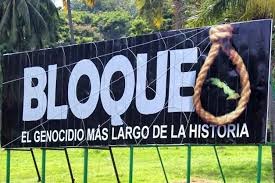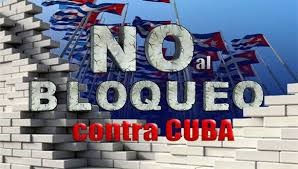The lifting of the blockade: a relevant issue in relations between Cuba and the U.S.

The discussion on the lifting or modification of this policy continues to be a relevant issue in bilateral relations between the two countries.


Given that in recent days the UN voted on the resolution condemning the blockade imposed by the United States against Cuba, in which the largest of the Antilles obtained a resounding victory, it is necessary to take a look back at the beginnings of this policy.
The U.S. embargo against Cuba, also known as the economic, commercial and financial blockade, is a long-standing policy that has a significant impact on the Cuban economy and society. The embargo was imposed in 1960 and subsequently intensified in 1962, making it one of the longest lasting measures of its kind in modern history.
The measures within the embargo affect various sectors of the Cuban economy, limiting access to goods, services, technology and foreign investment. This hinders the economic development of the country and generates shortages of resources in areas such as health, education and infrastructure.
Despite the Cuban government’s efforts to mitigate the effects of the embargo, it is a significant barrier to the country’s development.
This economic war against Cuba, as Fidel would call it, is being criticized by the international community, which considers that this unilateral measure affects human rights and development in Cuba. Several countries and international organizations have urged the United States to end the embargo and normalize relations with Cuba.
In summary, the U.S. embargo against Cuba has a profound impact on the Cuban economy and society, as well as generating controversy at the national and international levels. The discussion on the lifting or modification of this policy continues to be a relevant issue in bilateral relations between the two countries.
Written by Melissa Guerra.



